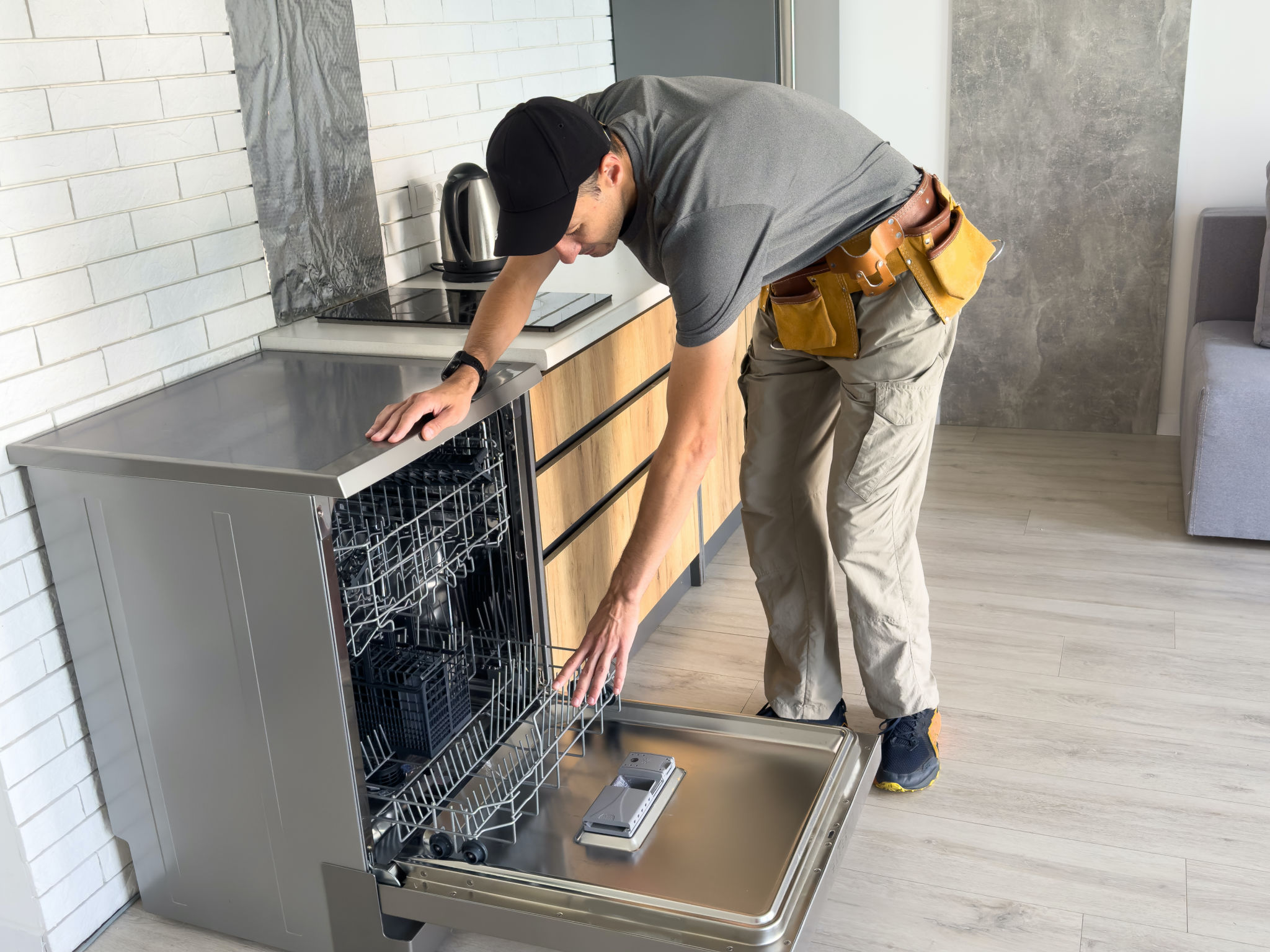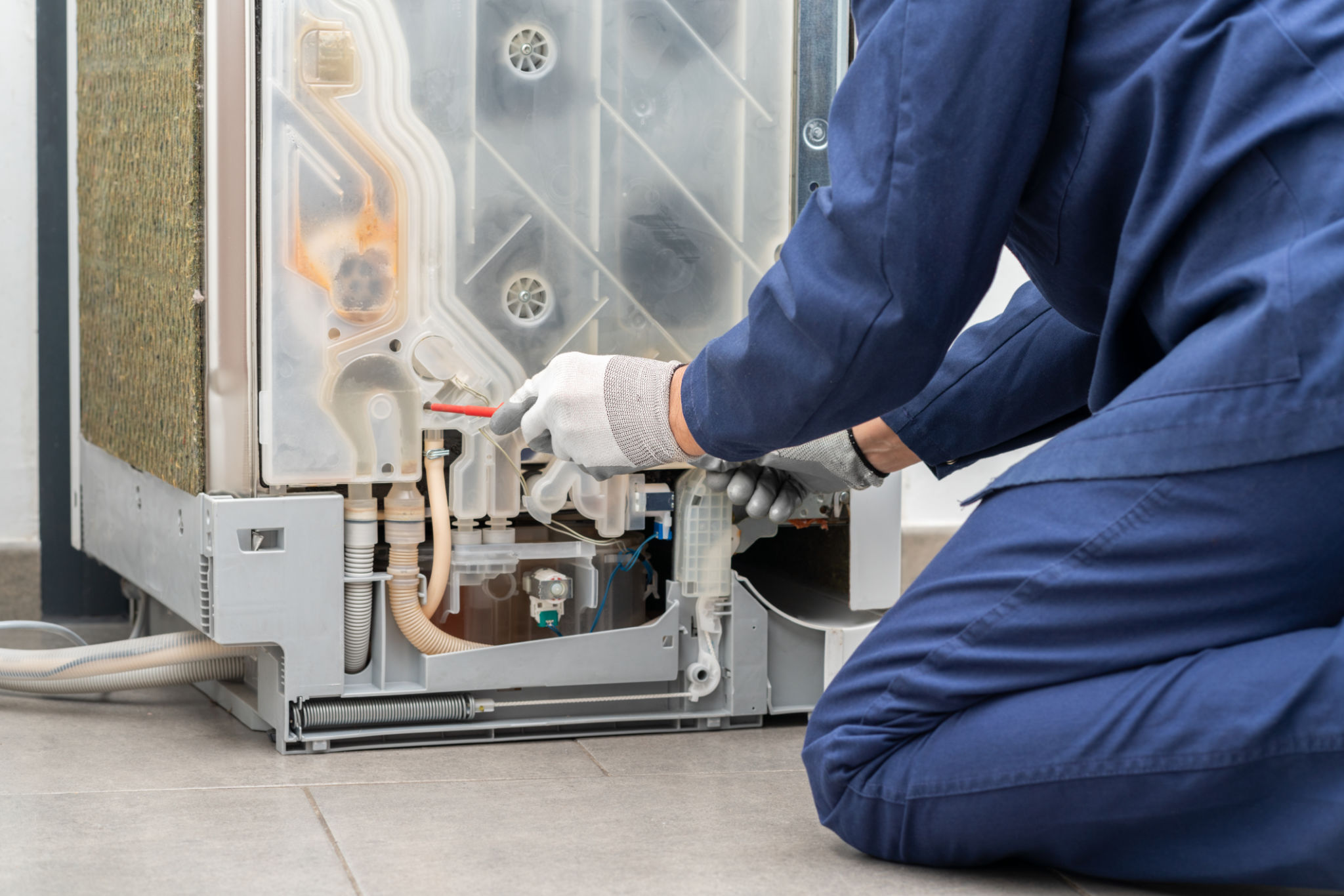DIY Appliance Repair: When to Fix It Yourself and When to Call a Pro
Understanding the Basics of DIY Appliance Repair
Home appliances are essential for daily convenience, but they can sometimes break down or malfunction. While fixing appliances yourself can save money, it is important to understand when a DIY approach is appropriate and when it's best to call in a professional. Knowing the basics of how your appliances work can empower you to handle minor repairs and maintenance tasks safely.

When to Consider DIY Repairs
Not all appliance issues require professional intervention. There are several situations where a DIY repair can be both practical and cost-effective:
- Simple Fixes: Issues like a clogged drain in a dishwasher or replacing a refrigerator light bulb are straightforward and safe for most people to handle.
- Minor Wear and Tear: Replacing worn-out hoses or belts on washing machines and dryers can often be done with basic tools and instructions found in user manuals.
- Non-Electrical Problems: Tackling mechanical issues like loose screws or misaligned doors can typically be managed without expert assistance.
Before proceeding with any repair, make sure you have a clear understanding of the problem and the necessary tools to address it.
When to Call a Professional
Despite the allure of fixing things yourself, there are times when calling a professional is not only advisable but essential:
- Electrical Issues: If you're dealing with faulty wiring, blown fuses, or other electrical problems, it's best to consult an expert. Electrical repairs pose significant risk if not handled correctly.
- Complex Mechanical Failures: Problems such as compressor failures in refrigerators or motor issues in washers require specialized knowledge and tools.
- Warranty Concerns: Attempting DIY repairs on appliances still under warranty can void coverage. It's wise to check the warranty terms before starting any work.

Safety Tips for DIY Repairs
If you decide to tackle appliance repairs on your own, safety should be your top priority. Here are some key safety tips:
- Unplug the Appliance: Always disconnect the power source before starting any repair work to avoid electrical hazards.
- Use Proper Tools: Ensure you have the right tools for the job to prevent accidents and damage to the appliance.
- Follow Instructions: Refer to the appliance's manual or trusted online guides for step-by-step instructions.
The Cost Factor: DIY vs. Professional
Cost is often a significant factor in deciding between DIY repairs and hiring a professional. While DIY repairs can save money on labor, incorrect repairs can lead to more costly damage. On the other hand, professionals bring expertise and the assurance of quality work, which might justify the higher cost for complex issues.

Conclusion: Making the Right Choice
Choosing between DIY repairs and professional help involves assessing the complexity of the repair, potential risks, and your own level of expertise. While handling simple tasks yourself can be rewarding and economical, recognizing when a professional's expertise is necessary ensures safety and extends the lifespan of your appliances. Always weigh the pros and cons carefully before making your decision.